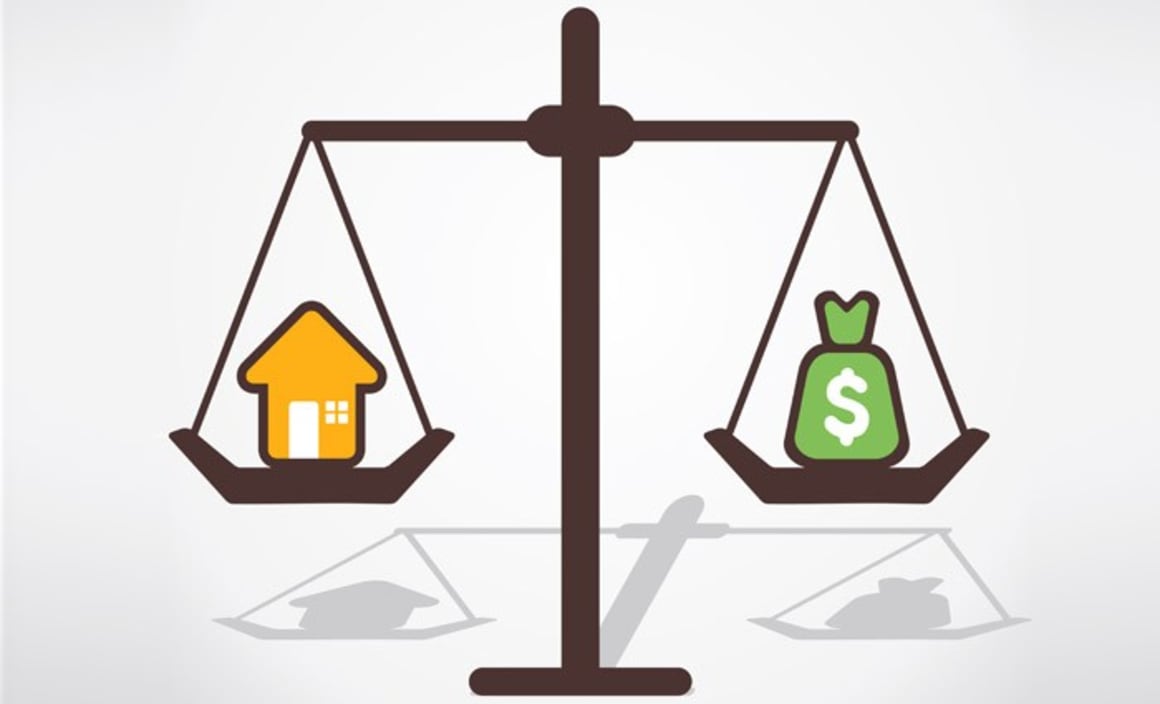Growing wealth inequality in Australia fuelled by rising property prices: ME Bank

There is a growing disparity in financial comfort between households described as ‘asset-rich’ and other households, particularly between age groups, according to ME Bank’s latest biannual Household Financial Comfort survey conducted in June.
ME Bank’s consulting economist, Jeff Oughton, noted that the survey sees this distance between the two groups growing due to a rise in property prices.
“Asset-rich households (including self-funded retirees and home owners) have benefited from a sustained rise in global and local equity prices as well as significant gains in residential prices, especially in Sydney, Melbourne and Perth,” said Oughton.
“In contrast, limited household income gains and rising concerns about cash savings among most other households have seen their financial comfort falling,” he said.
Those aged 65 plus saw their financial comfort increase by 9% over the six months to June to the highest number since the survey began, according to the survey, while all other life stage groups fell significantly. In particular, Gen X fell by 4% to its lowest level since the survey commenced.
Looking at households, retirees were the most comfortable. Self-funded retirees' financial comfort was up 8%, while government-funded retirees fell 15%.
All other main household groups’ comfort fell in the six month period.
In total, 54% of households reported being unable to save each month, the highest in three years, with overall financial comfort falling 3%. This is reversing the gains recorded in 2013.
Those breaking even numbered 42%, while 12% were drawing on savings, loans or home equity to get by.
Financial comfort is expected to drop even further over the next 12 months.
“Household income has been negatively impacted by relatively low average wage growth, moderate job gains, rising unemployment and corresponding falls in job security over the period, as well as an anticipated tightening in government income assistance and tax benefits announced in the Federal Budget,” said Oughton.
“About the same proportion of Australians (30%) reported income gains as income falls during 2013/14, compared with the corresponding outcomes of 39% and 28% respectively during the previous financial year.”
In New South Wales and Western Australia, comfort fell by 5%. In Victoria, a 2% drop was seen, while South Australia fell by 6%. Queensland remained unchanged, and Tasmania rose 10%, while the ACT fell by over a third. ME Bank notes that these smaller sample sizes make for more volatile results.